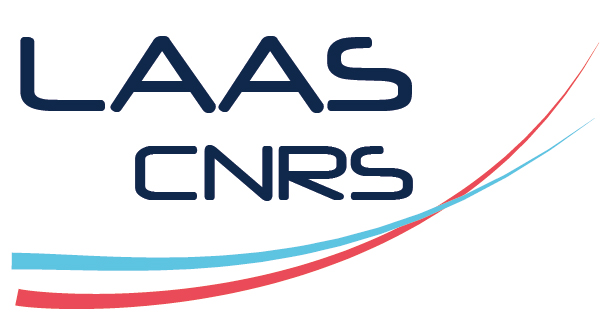Performance Bounds for Stochastic Receding Horizon Control with Randomly Sampled Measurements
Résumé
This article considers the problem of analyzing the performance of model predictive controllers in minimizing infinite-horizon cost functionals associated with stochastic dynamical systems when the measurements received by the controller are randomly sampled in time. In contrast to the standard model predictive control algorithms which rely on availability of the state measurements at all times, we compute control policies which minimize cost functionals over a (finite) rolling-horizon conditioned upon the information that arrives at random time instants; although a hard upper bound equal to the length of the optimization horizon is imposed on consecutive sampling instants. Sufficient conditions are provided on the system dynamics, the cost functionals, and the statistics of the sampling process, such that the proposed policies result in computable upper bounds on the infinite-horizon average cost. The case of linear time-varying system with quadratic cost functionals is studied for the illustration of our results.
| Origine | Fichiers produits par l'(les) auteur(s) |
|---|

